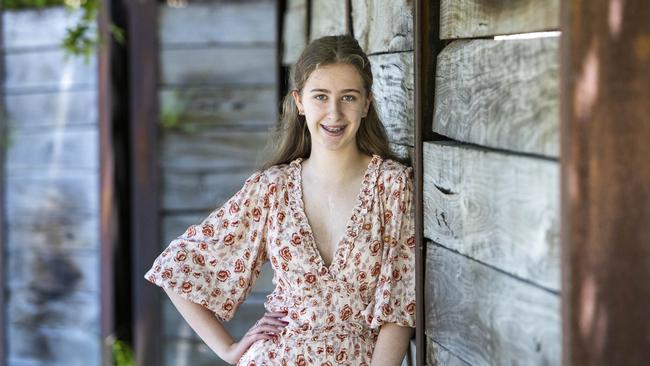Melbourne to become stem cell research world centre
Melbourne will become a world centre for stem cell research tackling cancer, heart disease and diabetes after one of the biggest donations ever given to scientific research in this country.

Melbourne will become a world centre for stem cell research tackling cancer, heart disease and diabetes after one of the biggest donations ever given to scientific research in this country.
The Murdoch Children’s Research Institute, together with the University of Copenhagen in Denmark and Leiden University Medical Center in The Netherlands, have been jointly gifted $475m to establish the Novo Nordisk Foundation Center for Stem Cell Medicine, to be known as reNEW.
The funding from Denmark’s Novo Nordisk Foundation has been gifted over 10 years.
The three world-leading institutions will develop new drugs and therapies using human stem cells, offering hope to patients with heart, respiratory and kidney disease, diabetes and cancer.
Stem cell expert Melissa Little, who has been appointed chief executive of reNEW, called the new centre a game changer for tackling rare and deadly illnesses.
“I think this is an incredible opportunity for Australia to be part of the solution,” Professor Little said.
“Our science is really high-quality, but having this international link will really help us to build products that can go into Australian patients, and that’s really a big opportunity in regenerative medicine.”
Professor Little is world-renowned for her pioneering studies into potential regenerative kidney therapies, including growing “mini-kidneys” in a dish from stem cells. The discovery could lead to new treatments for kidney disease, better ways to test new drugs and even bio-engineering kidneys for transplant.
The stem cell research that will take place at MCRI will fall into three categories.
Firstly, scientists will use human stem cells to model human diseases to enable them to screen for new therapies and new drugs and test what works.
Secondly, scientists will implant stem cells into patients to replace diseased cells with healthy ones. Stem cells will also be able to be used to make new tissues.
Thirdly, scientists will be able to edit the genome of cells and deliver the cells back into patients to correct problems and treat disease.
“There are a lot of chronic diseases, and also inherited diseases, where we don’t really have any treatment options where delivering healthy cells back into a tissue may be the answer,” Professor Little said.
Sixteen-year-old Mia Cowley is one patient who could benefit from the new research. She was born with a congenital heart condition with four holes in her heart.
“I was born essentially with half a heart,” Mia said.
“Ever since I was little I struggled with walking and dealing with the extremities of weather because my heart struggles to pump blood around my body.”
Mia has had to have four open heart surgeries since she was just months old. Researchers at MCRI are developing stem cell-derived heart-tissue patches to boost heart function and ultimately prevent heart failure in children with a single ventricle.
“It’s really exciting to watch the research being done at MCRI and seeing little beating heart cells down a microscope,” Mia said.
“It’s incredible to think of the potential and my hope is other kids with heart diseases can live a normal life without surgeries and being pricked with needles from birth.
Eight babies a day are born with congenital heart disease.
“For something that has affected so many lives stem cells research is something that really needs to happen and I’m glad it’s happening to make future generation’s lives better than mine,” she said.




To join the conversation, please log in. Don't have an account? Register
Join the conversation, you are commenting as Logout